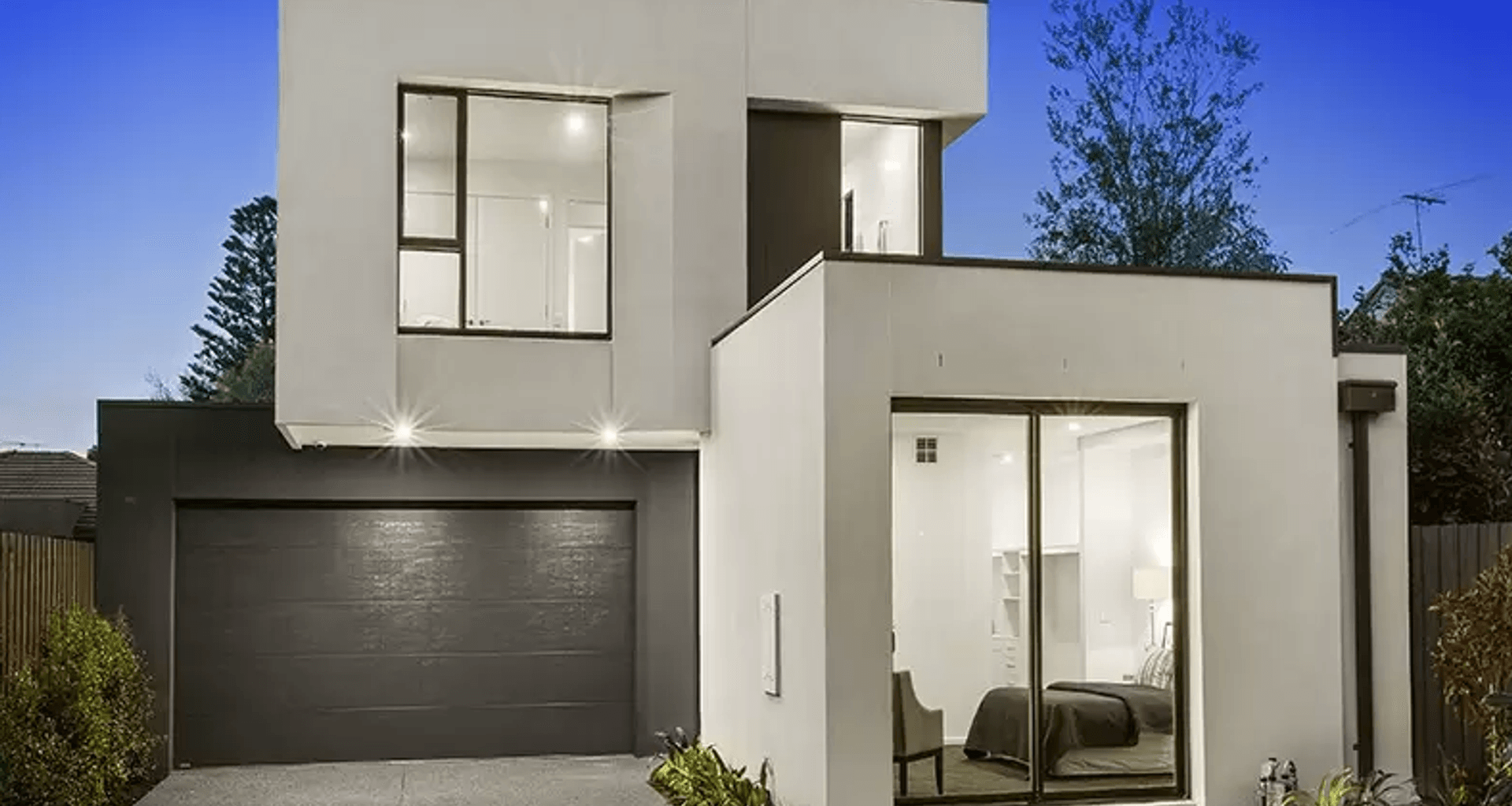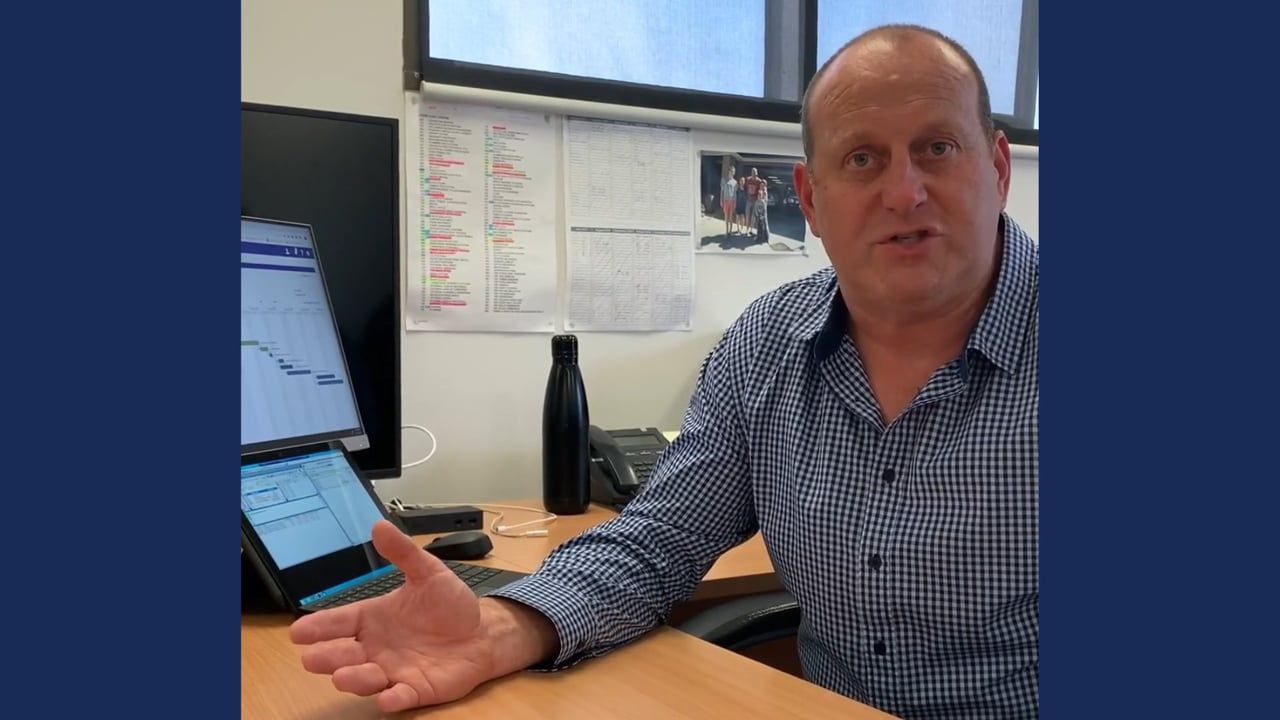How to Budget for Your Building Project


So how do you set a realistic budget?
As with all things, a quality home comes at a cost, but it shouldn’t be difficult or stressful. Unfortunately, there is no exact formula to follow when it comes to working out a budget for your new home. The classic question “how long is a piece of string?” can be attributed to “how much does it cost to build a home?” Many people also ask, “can you give me an m2 rate?” The answers to these questions have many considerations.
It’s like going to a supermarket with $50 and someone asking how many items you’re going to purchase. It’s almost impossible to answer this question until you start shopping and choosing particular items. The same applies to custom home building.
When it comes to working out how much to spend on your dream home, there are many variables to consider. You need to think about:
- Your site conditions
- The design and layout
- The structural design of the dwelling
- Council and state design requirements specific to the site
- Availability of essential services
- Scope of works
- Material and finishes specifications
The thing about a custom home is you’re not choosing a house design, specifications or scope of work that has been built before, so you need to consider all the costs involved before you begin. A helpful place to start can be separating your must-haves from your ‘wants’, so your budget can be reduced if necessary. Should your first estimation come in over budget, your ‘wants’ will be the first to go. This is equally important for investment properties as it is for your dream home.
Should you engage a builder or an architect first?
While many may think the first step in building a custom home is to engage an architect or building designer, at Ramsay Builders we strongly recommend engaging both an architect or building designer and a builder from the beginning. Ramsay Builder offer design as part of our services.
This way, your chosen builder can work with your architect/draftsperson to create a plan based on your specifications and choice of build methods and materials. If the project comes in over budget, these two parties can work closely to suggest cheaper alternatives.
All too often clients approach us with pre-prepared plans, only to be disappointed that their fabulous architectural design comes in way above their realistic budget. It’s a waste of time, but more so, money that could otherwise have been allocated to your build.
A builder will consider all aspects of your design
In the early stages of construction, a quality builder will consider all aspects of your project, including:
- Site conditions, such as soil type, slope and how this will be engineered. Find out more about this here.
- Council regulations – are there any overlays that may affect the design? Is a planning permit required?
What does ‘custom’ really mean?
There’s really no ‘one size fits all’ answer when it comes to building a custom home. Custom means flexibility, but it also means your house isn’t a carbon copy, which takes time to price and money to build.
When building a custom home, consider whether your builder allows for variations and changes to the contract. Your budget should have some room for unforeseen circumstances, for example – the discovery of asbestos when demolishing an existing home (read more about a demolish and rebuild on the blog) or upgrading appliances, fixtures or fittings.
Make selections early
While some changes are almost always necessary in any home build, making selections early can help avoid this where possible. You should always engage a builder who discusses your selections straight up.
At Ramsay Builders, we discuss our client's design and specification brief (inclusions and specifications) in one of our first appointments to consider how many bedrooms are needed, the style of kitchen, dining and living rooms, and whether outdoor living spaces are necessary, how many storeys are required and specific fittings. We also talk about the areas to be tiled, brands of timber flooring, appliances, etc.
We use this information to choose a building designer or architect we think will achieve the best outcome for your design brief. We also discuss your must-haves, wants and areas where we can save money by selecting a different material, product or method.
This appointment is integral to us understanding your vision and the design style you want to achieve. We discuss things you may wish to consider that will help capture your ideas, all the while keeping your budget in mind.
Having built many homes of all different sizes, budgets and designs, our procedures and systems are backed by real-life experience and can guide you in what will work, what items are included in your budget and specific areas to consider in detail.
Compare apples with apples
If you’ve received a few quotes from a builder, these will likely differ in price and it can be confusing to understand why. First of all, make sure you are comparing the same specifications and inclusions – it can be tempting to go with the cheapest option, but make sure you know what you are getting.
Are all costs upfront? If you’re not sure, have your builder explain what is included or excluded.
How to avoid budget blowouts
Many people have stories of a budget blowout, which can come from choosing the cheapest quote as some builders will leave some costs out of an initial estimation. This often comes in the form of prime cost and provisional sum items, which is an easy way for a builder to underestimate a cost. If a “builders range” is specified, confirm what this range will include.
At Ramsay Builders, your specifications and items are quoted to provide you with an accurate fixed price. We know the build cost before construction commences and will only use prime cost and provisional sums as the last option or where the price is unknown or the item is yet to be selected, hence why we discuss your selections early in the process.
Final considerations
When setting your budget, there are a few final things to consider – what are your goals? Is this a family home or an investment property? Is it a forever home or are you simply updating as your family’s needs have changed?
If you are building an investment property, we recommend speaking with a couple of local real estate agents to discover what’s selling – i.e. are you overcapitalising in your area or have you selected a low budget that utilises the potential of the market?
You should also consider where you will live during construction – will you be renting? Staying with family or friends? This is an important factor to consider in your overall budget.
